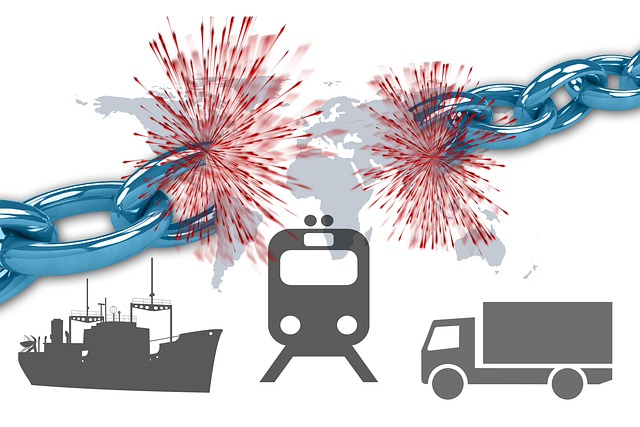
The United States is far from alone in experiencing shortages of essential drugs. In fact, countries around the world have seen a spate of recent medicine shortages to treat conditions such as HIV and diabetes, which clinicians say could threaten patient health.
Australia, Asia, Africa, Latin America
In Australia, the type 2 diabetes drug semaglutide (Ozempic) is likely to be scarce until the end of the year owing to "extensive prescribing for obesity management, for which Ozempic is not indicated," according to a recent statement from the Australian government. Similar reports have come out of European countries such as Belgium.
Vietnam reports that major hospitals in Hanoi and Ho Chi Minh City are running low on protamine sulfate, threatening future heart surgeries if more supplies don't arrive soon. Doctors use protamine sulfate to reverse the blood-thinning effects of heparin, which is used to prevent blood clots from forming during open-heart surgery, bypass surgery, kidney dialysis, and blood transfusions.
A 4-million-dose shortage of GlaxoSmithKline's rotavirus vaccine, reportedly caused by staff absences amid COVID-19, has hobbled delivery of the critical childhood vaccine in Kenya, Tanzania, Senegal, and Cameroon. Rotaviruses are the No. 1 cause of severe, dehydrating diarrhea in children younger than 5 years around the world, resulting in more than 2 million annual hospitalizations.
In poorer countries like Haiti, palliative-care patients are often denied effective pain medications such as morphine because of the restrictions on opioids caused by the US opioid crisis, The Guardian reports. In fact, only 17% of the world's morphine was consumed in low- and middle-income countries, which are home to nearly 83% of the global population.
Read more...







